On October 19 (November 1), 1964, in the Cathedral dedicated to the icon of the Mother of God of the Sign in New York City, the bishops of the Russian Orthodox Church Outside of Russia solemnly canonized a new Saint of the Orthodox Church: St. John of Kronstadt. This Saint, who died only in 1908 after a long life of service to the Church as a parish priest and spiritual guide of the faithful, was famous already in his own lifetime for the abundance of Divine grace which was manifested through him, particularly in miraculous healings of the sick.

He continued to work miracles after his death, and among devout Russians of the emigration he has long been revered as a saint. His canonization, the first one which the Russian Orthodox Church has performed in the difficult years since the Revolution, came in answer to this popular veneration, and also to the conviction of the bishops, shared by many believers, that the time was now ripe for this act.
This great Saint has had a special part to play in the life of the Orthodox Russian people. He was a prophet who foresaw the fall of the Russian Empire and the exile of the Russian faithful. Seeing the spiritual cause of this fall in the worldliness and lack of living faith that were so widespread in the last period of the Empire, he called Orthodox faithful to repentance and renewed awareness of their Christian vocation and responsibility. His appeal is still heard today, and if the Orthodox Russian people dispersed in exile throughout the world are still one people—even if only a faithful remnant—and still true to Holy Orthodoxy, it is in part due to his still-living example and his holy prayers.
The significance of St. John for the Russian people is therefore unquestioned. But there is something extraordinary about his canonization: it occurred not in Russia but in America. For believing Russians, to be sure, there is nothing unusual about this. The Russian land is enslaved, and the largest number of believers as well as the seat of the Synod of Bishops of the free Russian Orthodox Church are now located in America; as often in the past, so now the recognition of a universal Russian Saint begins on a regional level, his open acknowledgement by the whole Russian people being necessarily deferred to an indefinite future. For non-Russians, however, it is his broader significance that is of interest.
Up to this time, one might say, St. John has belonged to the Orthodox Russian people; but now, while remaining the spiritual patron of the suffering Russian people, he has become a Saint of the universal Orthodox Church of Christ, and his holy example of a life in Christ has been held up for the whole world to see. It is no accident that his canonization has taken place outside of Russia; he himself foresaw that the Russian people would be dispersed abroad and that Orthodox churches would be erected throughout the world as a testimony of Christian Truth before the unbelieving world. To this unbelieving world, in all the languages in which his words have been and will yet be translated, he now speaks the same message that he spoke to the Russian people in his own lifetime.
This, perhaps, is what lies before us if we do not return to the path of righteous Christian life. There are many who would object that such thoughts, as well as thoughts of the Second Coming of Christ and the terrible Last Judgment, which St. John believed might well be at hand, are too “negative.” But if our response to these thoughts and warnings is right, if it is Christian, we will be filled, not with fear and terror, but with tearful repentance, with zeal to lead a truly Christian life, with trust in our Lord Who is with us in all our trials, even to martyrdom itself (and especially then), and with fervent hope in the Kingdom of Heaven which is our true home, and no mere earthly dwelling.
It is to nothing but simple and profound Christian faith that St. John recalls us. In an age when too many pastors preach a “new Christianity” that is only worldliness in disguise, his is a rare and much needed voice—not for Russians alone, not for Orthodox Christians alone, but for the whole world, if it will but listen.
Holy Saint of Christ, John of Kronstadt, pray to God for us.
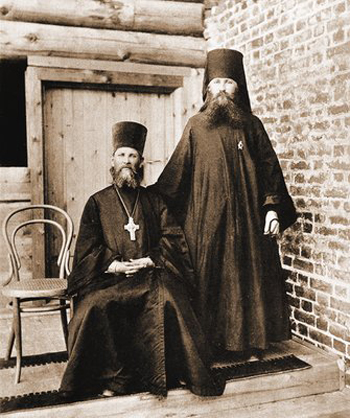
By Hieromonk Seraphim Rose
The Orthodox Word, Vol. 1, No. 1, January-February 1965, pp. 32-34

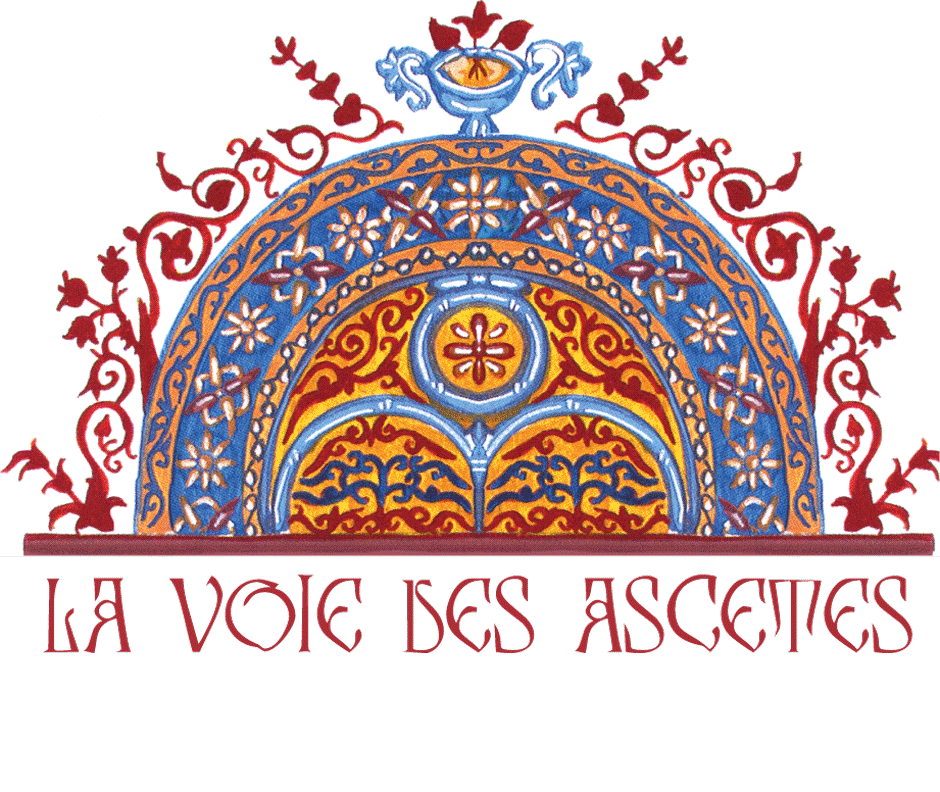
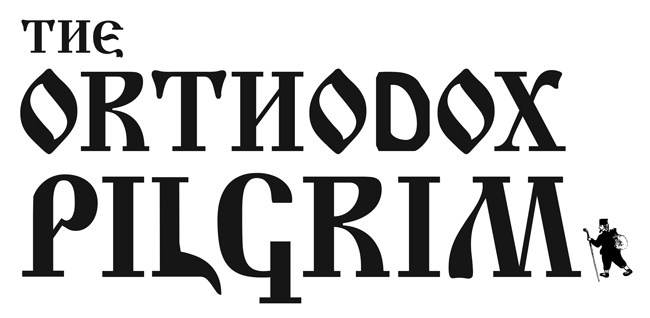
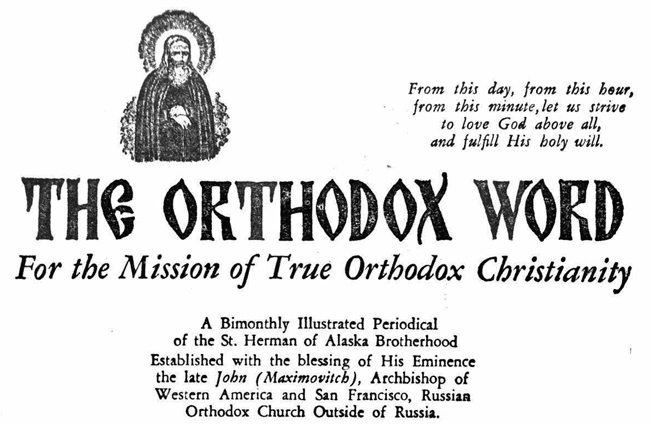

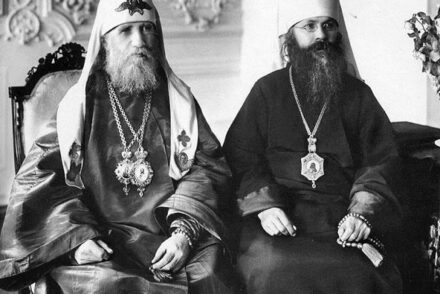

Pas de commentaire